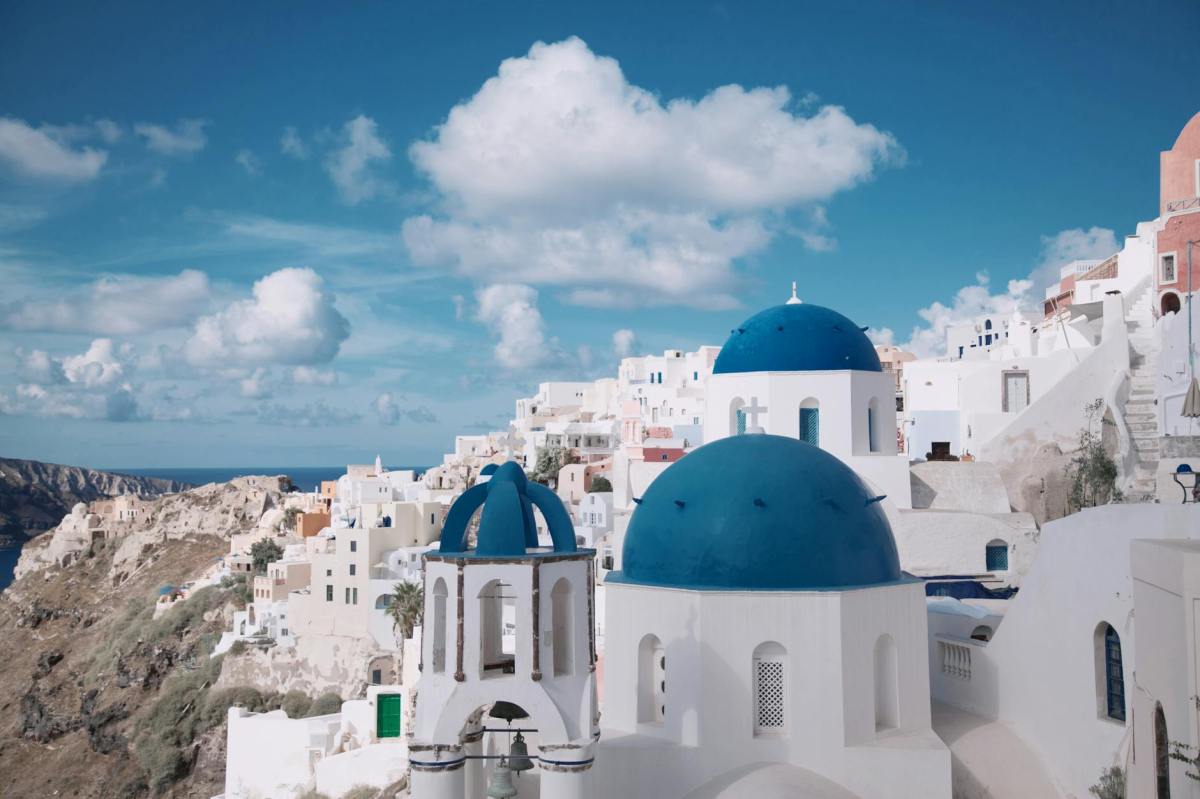World Tourism Day
World Tourism Day has been celebrated every 27 September since 1980, at the proposal of the then World Tourism Organisation (now known as UN Tourism, as we shall see below).
The proclamation of this day took place in September 1979 following an assembly in Torremolinos (Malaga) with the intention of ‘making the international community aware of the social, cultural, political and economic value of tourism’.
But what is the reason why the celebration is on 27 September?
Well, because on that day, but in 1970, the statutes were approved for the creation of the UNWTO as the heir of the International Union of Official Travel Organisations (IUOTO).
Later, in 1975, Madrid would host the first meeting of the UNWTO General Assembly.
World Tourism Day 2024
World Tourism Day 2024 will have its epicentre in the city of Tbilisi, under the theme ‘Tourism and Peace’.
The focus of this year’s event is that ‘tourism can be a decisive and vital factor in promoting peace and understanding between nations and cultures and supporting reconciliation processes’.
The conference in the Georgian capital ‘aims to generate innovative ideas, strategies and partnerships to harness the transformative power of tourism in building bridges, fostering dialogue and promoting peace and reconciliation’.
The World Tourism Organisation becomes UN Tourism
Although the name World Tourism Organization may be more recognisable, the fact is that as of January 2024 the Madrid-based institution has a new name and a new brand: UN Tourism.
A change with which the organisation ‘reaffirms its status as the United Nations specialised agency for tourism and the global leader (…) for development, driving social and economic change to ensure that “people and planet” are at the centre of attention’.
The institution itself places its essence in ‘enhancing the well-being of people, protecting the natural environment, stimulating economic progress and promoting international harmony’.
UN Tourism currently has 160 member states and hundreds of private sector affiliates. As mentioned above, its headquarters are in the Spanish capital and it has regional offices in Japan and Saudi Arabia, which will soon be joined by Brazil and Morocco.
Technology and tourism
Tourism is no stranger to the technological revolution that has been permeating the day-to-day life of society in recent years.
For this reason, the intelligent development of tourist destinations and services provides both public and private entities with the possibility of knowing in detail the activity of tourists and thus being able to anticipate and adapt to the demands and needs they may have.
There is a traveller profile that is permanently connected and can seek personalised experiences thanks to the help of technologies such as Big Data, Artificial Intelligence or the Internet of Things (IoT).
Examples of how technology helps tourism
Telefónica Tech presents some examples of how different technologies help tourism.
One possibility offered by IoT and blockchain solutions is the measurement of capacity or queue controls in crowded spaces, so that visits can be made more fluid. Not only does this save time, but it also substantially improves image and trust.
In this way, not only is supply optimised, but demand can be increased in a way that serves to improve service and increase the satisfaction of tourists in the places they are visiting.
Benefits of technology for the hotel sector
For the hotel sector, advanced analytics models can allow them to anticipate and activate levers to improve revenue through demand estimation and thus develop revenue predictions and, consequently, improve attraction.
Likewise, recruitment campaigns can be optimised and operations can be optimised by optimising personnel or resources in the establishment’s facilities.
